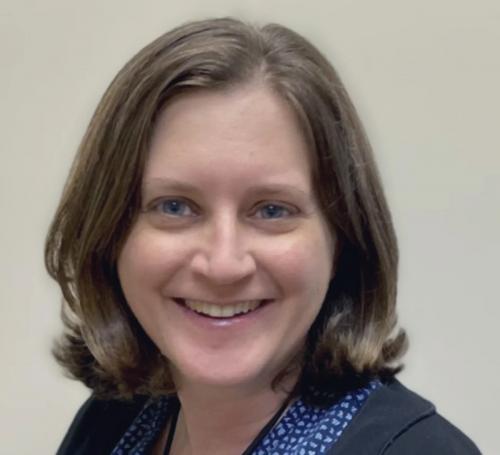Dr. William Hodos NACS Seminar: Dr. Amanda Lauer

The role of the brain-to-ear auditory efferent system in hearing across the lifespan
The role of the brain-to-ear olivocochlear efferent system in hearing has been debated for many years due to conflicting and variable findings in human and animal studies. Behavioral study results often violate hypotheses that are based on well-characterized physiological anti-noise masking mechanisms observed in the auditory nerve. We use a variety of behavioral assays, non-invasive physiological tests, and anatomical techniques to investigate how genetic manipulations of the olivocochlear system affect peripheral and centrally mediated hearing outcomes in mouse models exposed to varying acoustic conditions. We also track how natural changes in the olivocochlear system affect hearing with age. Early-life auditory processing deficits observed with deficient olivocochlear function reflect abnormal central auditory system development in the presence of ambient environmental noise. Deficient olivocochlear function also increases susceptibility to acute loud noise exposure in early adulthood. Conversely, experience-dependent changes in a subpopulation of olivocochlear neurons may protect against noise-related hearing deficits. Diminishing olivocochlear efferent function may be especially detrimental to hearing in the ‘typical’ aging auditory system, whereas hearing specialists (bats) with enriched olivocochlear systems are protected against age-related hearing loss. Encouragingly, our preclinical gene therapy and optogenetic stimulation experiments show promise as potential interventions to mitigate hearing deficits related to noise and age.
Dr. Amanda Lauer is an Associate Professor at Johns Hopkins University.
Dr. William Hodos NACS Seminars are free and open to the public.



